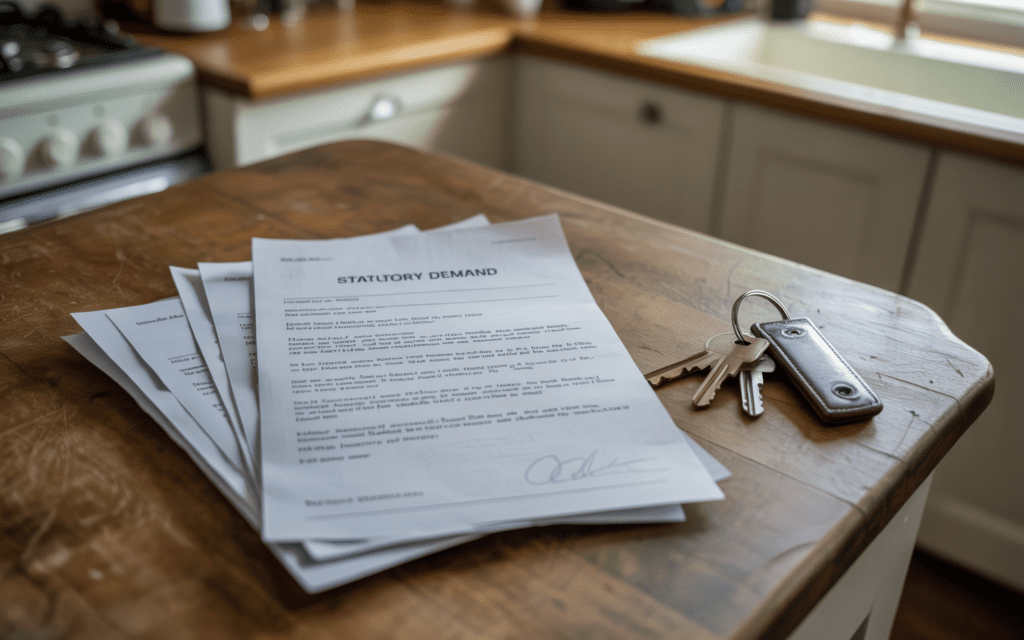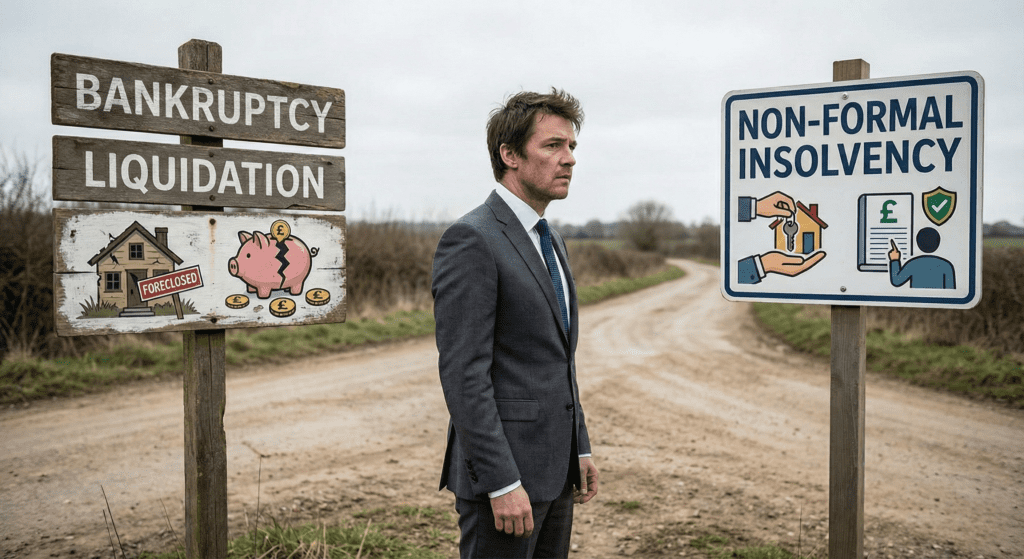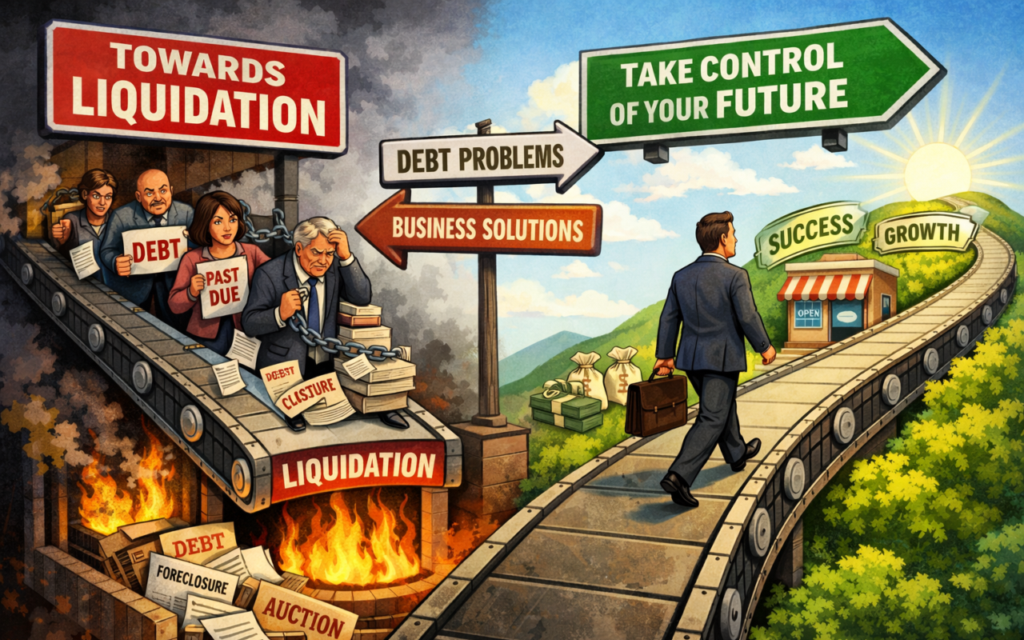Are you concerned about your personal guarantee exposure as a company director? We understand that this can be a source of uncertainty, particularly when you’re facing cash-flow challenges or struggling to meet your creditors. In this blog post, we’ll address a common question that many directors have: “What happens if I resign from a company or attempt to transfer my personal guarantee to someone else?”
Can Personal Guarantees Be Transferred?
One frequently asked question among directors is whether personal guarantees can be transferred to another individual. In most instances, personal guarantees are not easily transferable by the guarantor. This means that if you, as a director, want to be released from your personal guarantee, you’ll usually need to obtain consent from the lender or creditor.
While the transfer of personal guarantees is typically restricted, it is possible to request consent from the lender.
To initiate this process, you’ll generally need to seek written consent from the lender. This may come in the form of a formal agreement or a “Deed of Release.” It’s important to note that lenders are not obligated to grant such releases, and their decision may hinge on various factors, including your company’s financial health.
What Happens to a Personal Guarantee When a Director Resigns?
Another crucial consideration is what occurs to your personal guarantee when you decide to resign as a director of the company. Resigning from your directorship does not automatically absolve you of your personal guarantee obligations. The personal guarantee remains in effect unless the guarantee agreement explicitly states otherwise or the lender agrees to release you in writing.
Here are key points to keep in mind when a director resigns:
Continued Liability: Even after resigning, you will remain liable under the personal guarantee for any outstanding obligations or debts of the company that you’ve personally guaranteed.
Negotiating Release: To facilitate a seamless transition and secure a release from your personal guarantee, you can actively seek the lender’s consent. If the company’s financial position is stable, and it is meeting the terms of the agreement, lenders may be more inclined to consider your request.
Ready to Safeguard Your Personal Guarantees?
Navigating personal guarantee obligations as a director can be complex, but it’s essential to protect your financial interests. If you’re uncertain about your current situation or need expert guidance on personal guarantees, our team of financial and legal experts is here to help.
Contact us today to schedule a consultation and gain a better understanding of your options. Don’t leave your personal guarantees to chance—take control of your financial future now.
For even more valuable insights and educational content, be sure to check out our YouTube channel. We regularly share in-depth discussions, case studies, and tips to help you navigate the world of personal guarantees effectively.



